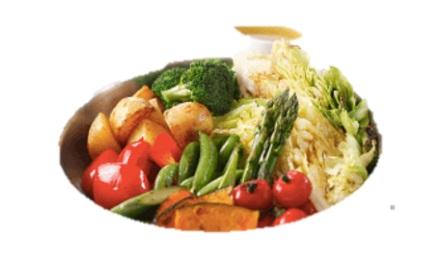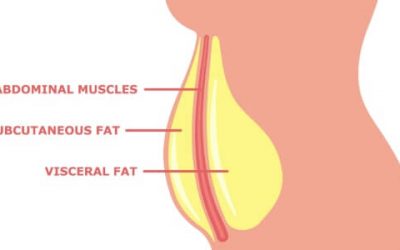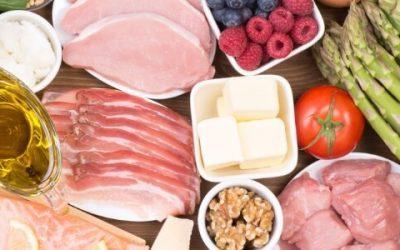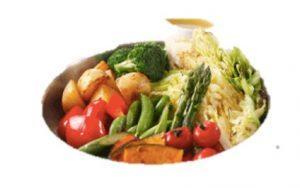
Your daily food choices make a big difference in your health.
Most people know good nutrition and physical activity can help maintain a healthy weight. But the benefits of good nutrition go beyond weight. Good nutrition can help:
- Reduce the risk of some diseases, including heart disease, diabetes, stroke, some cancers and osteoporosis
- Reduce high blood pressure
- Lower high cholesterol
- Improve your well-being
- Improve your ability to fight off illness
- Improve your ability to recover from illness or injury
- Increase your energy level
What Is Good Nutrition?
Good nutrition means your body gets all the nutrients, vitamins, and minerals it needs to work its best. Plan your meals and snacks to include nutrient-dense foods.
Nutrition plays a great role in our daily life. The food or liquids affect our body and health because each food or liquid contain particular nutrition which is very necessary for our physical and mental growth.
A particular level of any particular nutrition is essential for our body. So we should know what food we have to take, how much and what type of nutrients contains a particular food.
Whenever we take any food or nourishing liquids, our body digests and absorbs the simple but essential minerals, vitamins, fats, proteins, carbohydrates and water from these foods or nourishing liquids and converts them into building material and energy that help our body to grow, regenerate and stay healthy.
The nutritive value of our food is most important to any individual’s health. A large number of diseases occur as a consequence of negligent food intake.
What are Micronutrients and Micronutrients?
Macronutrients are the structural and energy-giving caloric components of our foods that most of us are familiar with. They include carbohydrates, fats and proteins. Micronutrients are the vitamins, minerals, trace elements, phytochemicals, and antioxidants that are essential for good health.
Protein
Protein helps our body build muscles and a strong immune system. Proteins are made up of long chains of amino acids. There are 22 different types of amino acid and our body needs all these amino acids to function properly. Protein enables the building of new tissues and repairs all damaged cells in our body. It helps in formation of hormones and enzymes which play a variety of roles in our body such as metabolism and sexual development. For example collagen is a protein that gives the strength, elasticity and composition of our hair and skin. Some good protein sources are lentils, full fat dairy products, tofu, nuts, seeds, peas, tempeh. Some common foods such as whole grain bread, potatoes, corn and pasta also have a small amount of protein. Soya protein is the most essential and strong protein and it is equal to any animal origin protein.
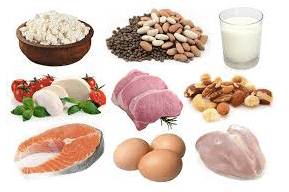
Carbohydrates
Carbohydrates provide an ideal source of energy for the body because they convert more readily into glucose. Carbohydrates supply the energy for the formation of cellular constituent.
Carbohydrates are made up of three compounds Carbon, Hydrogen and Oxygen formed by plants.
There are four types of carbohydrates
Sugar
Starches
Fiber and Gum
Good sources of carbohydrates are fruits and starchy vegetables such as peas and beans and lentils, wholemeal breads, wholemeal rice and pasta, potatoes etc.

Fat
Fat provides us with extra energy and enables the transport of hormones through our body. It is an essential nutrient for the good functioning of our body. It plays a role to insulate our bodies by giving us protection from sudden changes in temperature and also protects our vital organs. It is also important for healthy skin and blood pressure regulation. Fat should be consumed in very small quantity as it gives you 9 calories per gram!
When dietary fat is digested, fatty acids are produced.
There are 3 types of fats; Saturated, Monounsaturated and Polyunsaturated (solids at room temperature). The source of monounsaturated and polyunsaturated are: Coconut Oil, Extra Virgin Olive Oil, avocados, sesame oil, flaxseeds, and fish oils. To obtain an adequate amount of linoleic acid, one of the few fatty acids the body cannot produce itself, any adult needs one tablespoon of poly and mono fats daily. Saturated fats mainly occur in dairy products like butter, cream, cheese and some chocolates and are less recommended as they provide more sticky “bad cholesterol” or LDLs.
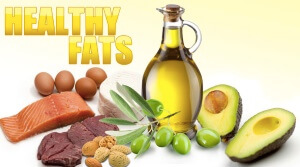
vitamin
A vitamin is an organic compound, it regulates our body processes and plays an important role in making our body function properly.
Our body needs vitamins to grow and develop normally. There are 13 vitamins necessary for our body. Some of them are A, B, C, D, E, K, vitamin B-6 and vitamin B-12. In our daily life we ingest most of all these vitamins in the foods we eat. Our body can also produce vitamins D and K.
Each vitamin plays specific jobs. Any particular low levels of vitamins cause deficiency disease. For example, if we don’t get enough vitamin D it can cause rickets. Deficiency of vitamin ‘A’ can cause Night Blindness.
A balanced diet will provide enough essential vitamins. There is no need to take supplements unless advised by your nutritional therapist.
Minerals
Minerals regulate our body processes and also build body tissues. Minerals boost our immune system and some minerals (or lack of) can have a powerful effect on our mental health. Some important minerals are Chloride, Calcium, Copper, Chromium, Fluoride, Iron and Iodine.
These types of minerals can be found from our daily foods or liquids such as salt, soy sauce, milk, vegetable oils, whole grains, cheese, nuts etc
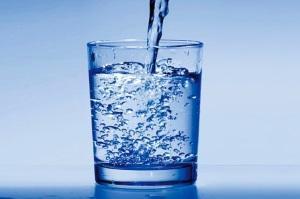
Water
The human body is made of 70% of water. Water gives the cells their shape and acts as a medium where processes occur. It is also the most abundant type of liquid found in human body. Water help maintain the body temperature and aids in detoxifying the body from its waste products.
You can clearly see that nutrition plays a very important role in our lives. It can help extend or decrease our life span as well as defines our wellness through an optimisation of our mental and physical development.
